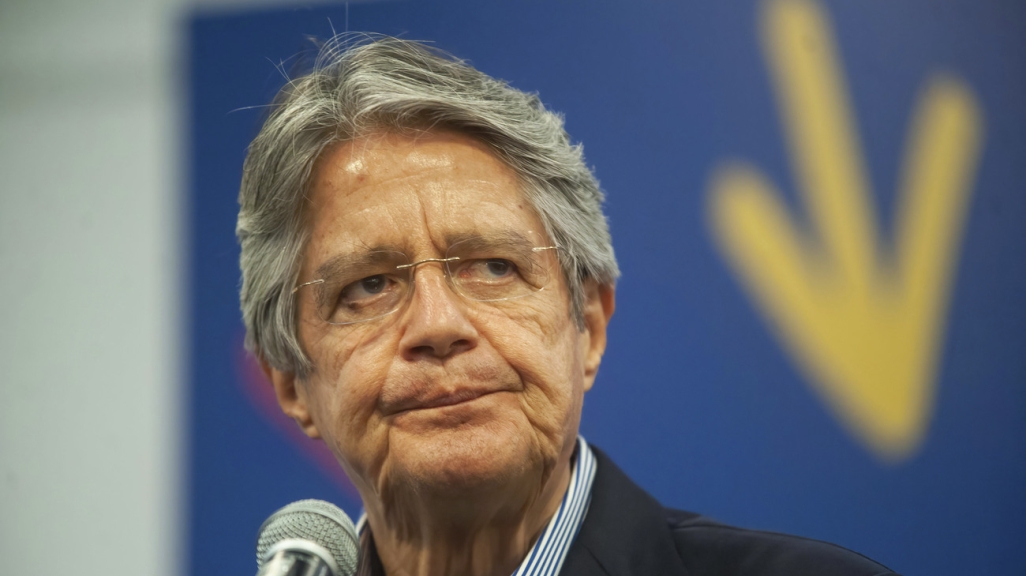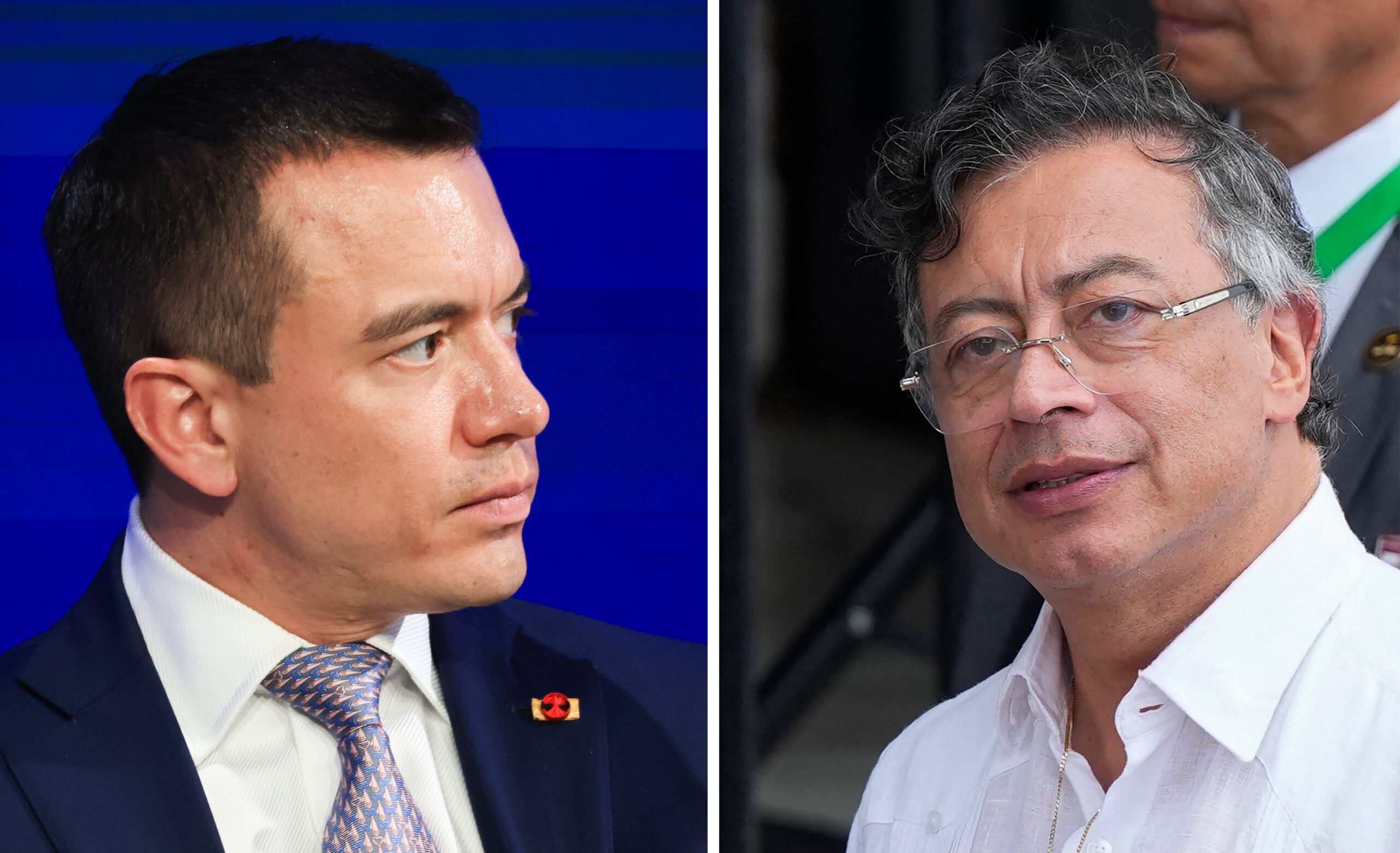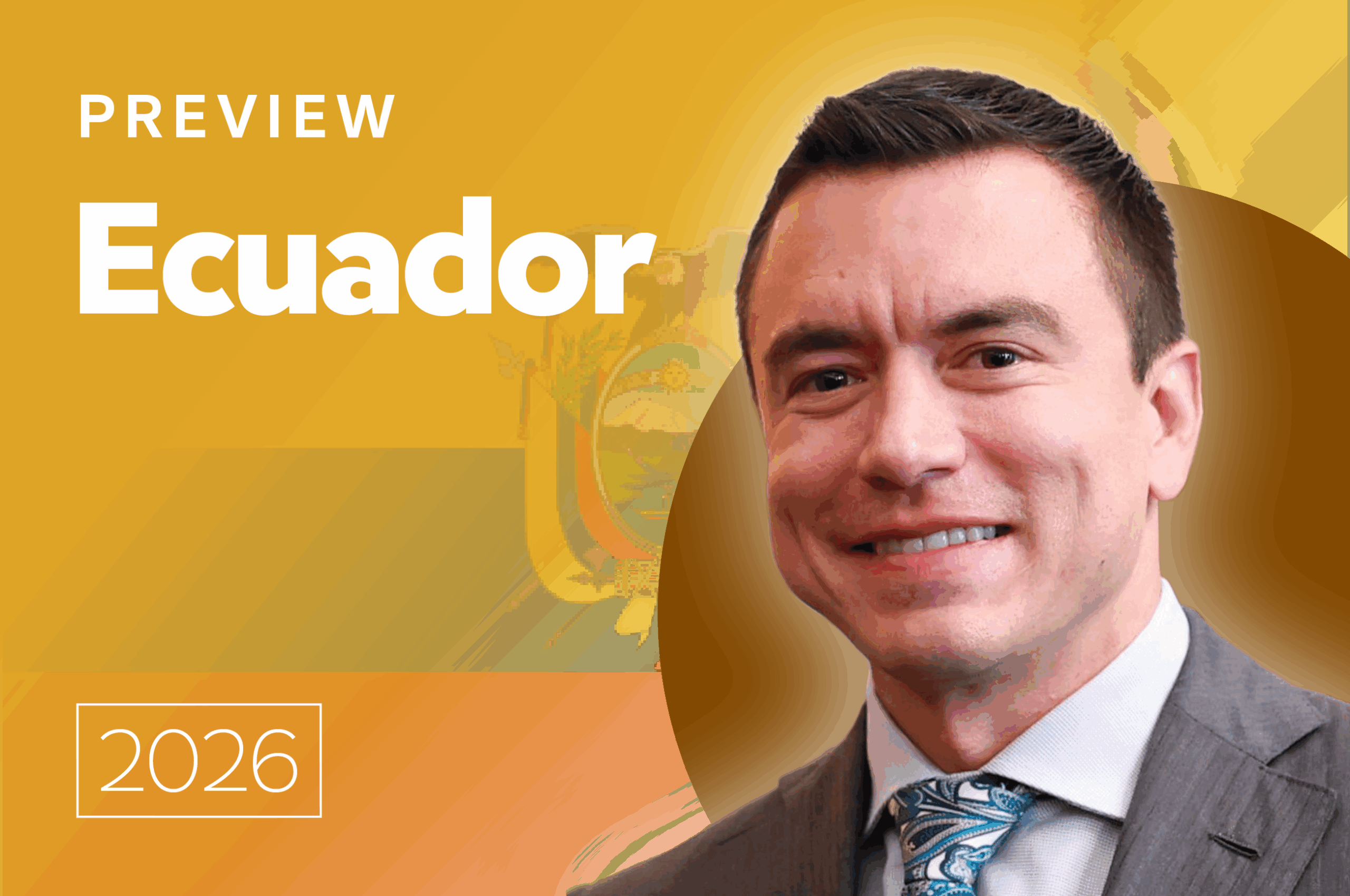Explainer: The Impeachment Challenge Facing Ecuador's Guillermo Lasso
Explainer: The Impeachment Challenge Facing Ecuador's Guillermo Lasso
The opposition-controlled Assembly may have numbers to vote out the president, but the process is not clear cut. AS/COA Online explains.
Updated April 28—This isn’t the first time Ecuador’s Guillermo Lasso has faced challenges to his presidency, but this is his toughest one yet. As he faces off with an increasingly hostile National Assembly, the former banker appears to lack the numbers needed to survive an impeachment vote—should one occur.
On March 30, the national Constitutional Court ruled in favor of allowing the National Assembly to prosecute Lasso for failing to stop corruption and gave the body 45 days to complete the process. Lasso denies the allegations and has threatened to retaliate with an as-yet-unused constitutional clause that would dissolve the legislature and trigger elections for both the legislative and the executive branches, ahead of their slated 2025 dates.
Lasso started his tenure in office on a high note—and with high approval—thanks in large part to his government’s successful Covid vaccination drive during his first 100 days in office. Since then, however, it has largely been downhill for the leader. He has been challenged by major protests, a stagnant economy, unprecedented drug-related violence, opposition gains in important mayoral races, and the loss of an eight-proposal referendum in February. His approval has sunk to 22 percent and he faces an opposition-led National Assembly where the biggest bloc is headed by former President Rafael Correa (2007–2017), a fierce Lasso critic who is in exile in Belgium but was sentenced in absentia to eight years in prison for bribery.
AS/COA Online looks at the impeachment process against Lasso and the road forward for Ecuador.









